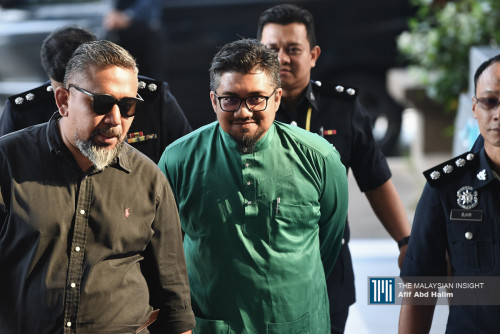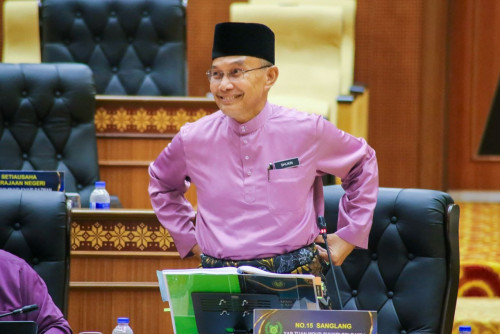IT is noteworthy that under Budget 2021, Finance Minister Tengku Zafrul Tengku Abdul Aziz continues to provide help to our flagging tourism industry, which is going through a rough patch due to Covid-19.
Hopefully, there is more in store in the short, medium and long term.
Our tourism industry has traditionally been the third-largest contributor in terms of foreign exchange earnings, after manufacturing (particularly, electrical and electronics) and commodities (palm oil, and oil and gas).
Tourism Director-General Datuk Musa Yusof was optimistic that tourism earnings could reach RM122.94 billion by 2025, but that was before the coronavirus crisis.
Be that as it may, it could be argued that the strategic focus of Budget 2021 for the tourism sector and related services is business resilience driven by capacity-building – which more or less mirrors that of previous stimulus packages underpinned by cushioning the business impact of Covid-19 and surviving to restart.
The Tourism Infrastructure Scheme included as part of a RM3.7 billion fund, RM50 million for training, reskilling and placements targeted at 8,000 airline employees, employment opportunities in ecotourism for local and Orang Asli communities to work as tour guides at national parks, etc, are some examples under the Budget.
Thanks to the government, the wage subsidy programme (WSP) has been extended for another three months for the tourism sector at a rate of RM600 per month for employees earning RM4,000 and below.
The WSP, among others, is critical as, according to Emir Research’s third-quarterly poll findings, a staggering 85% of Malaysians continue to worry about job security.
Given that the tourism sector is indeed one the most affected in terms of job security and losses, more could be done by the government under the purview of Budget 2021. That is, in terms of implementation and adjustments to help preserve jobs and even expand job opportunities, both directly as well as indirectly.
Emir Research would like to recommend some policy proposals to supplement and complement the provisions of Budget 2021 for the tourism industry, and proposals made by others, such as vouchers for physical and virtual tourism.
Indirect measures – from Q1, starting January 2021, for green travel bubbles:
1. The government should suspend the departure levy, by way of the exercise of ministerial power in the form of an executive order, to provide for an exemption under Section 31(1) of the Departure Levy Act (2019).
2. Suspend the passenger service charge for six months – reviewable for the purpose of extending the suspension.
3. Substantially reduce the pick-up and drop-off charges for taxis, e-hailing cars, vans and buses/coaches at KLIA and klia2 for three months, and reviewable for the purpose of extending the suspension.
Other indirect measures:
4. The government, in synergy with Tenaga Nasional Bhd, reactivates the provision of discounts on electricity tariff bills for one year, from January onwards. From April 1 to September 30, the tourism sector enjoyed a 15% rebate.
Going forward, a special industry tariff could also be considered.
Direct measures:
5. To help ease cash-flow difficulties, the Finance Ministry, Tourism, Arts and Culture Ministry, and interested parties (in the form of a consortium) could establish a special purpose vehicle (SPV) to provide the following financing services:
– Bridge financing;
– Working capital loans; and;
– Invoice factoring services – cash advance will be made on a full-term or 100% basis, and the cost of financing is to be subsidised by the government (in effect, interest-free for interested or applicable tourism players).
6. In relation to the Special Fund for Tourism under SME Bank, the Tourism Ministry and Tourism Fund Financing Committee can work with the Entrepreneur Development and Cooperatives Ministry and SME Bank to implement interest-free financing for SMEs in the tourism sector. And, the government could subsidise repayment by up to 30% of the loan value.
7. The Finance Ministry, in conjunction with the Tourism Ministry, extends the amount, as well as the remit and scope, of the Gamelan (Galakan Melancong Malaysia) matching grant (under the Tourism Ministry) for reimbursables by tourism players.
The amount should be increased from RM5 million to RM15 million, while the allotted sum per eligible company, association or agent could be increased from RM200,000 to a maximum RM500,000.
Accordingly, the band of reimbursement should, therefore, by correspondence, be upped to RM500,000, or 50% of the total actual expenditure, whichever is lower.
In terms of the remit and scope, it should be extended beyond marketing, promotional and advertising activities, such as participation in expos, fairs and roadshows.
Extensions could include promotional packages in the form of virtual tourism based on augmented reality technology, generous discounts, loyalty and reward programmes, membership schemes, vouchers, free gifts, work-from-hotel schemes, etc.
In addition, the grant could be deployed by hotels and resorts to promote sustainability and eco-friendliness, such as the installation of rainwater harvesting mechanisms, artificial waterfalls using recyclable water, solar panels or photovoltaic modules, smart LED lighting, green walls (using plants), mini greenhouses, etc.
Also, the promotion of digitalisation and the adoption of and adaptation to smart technologies throughout customer service, and the business process and workflow.
The Internet of Things would, for example, apply to the hotel room setting. A single remote-control device in the form of a decoder app acts as the central dashboard. This is for activities ranging from switching on the air conditioner to drawing the curtains close.
All of these can enhance the branding and profile of hotels and resorts, in particular, and the Malaysian tourism industry, in general.
8. A reduction in corporate tax at the prevailing rate of 24% to 20% for all hotels (resident and non-resident), with a paid-up capital of more than RM2.5 million.
It has been reported that the Malaysian Association of Hotels is deeply concerned about what it feels to be “falling short of expectations”.
Moving forward, the government can be expected to continue engaging with all stakeholders in the tourism sector and make progress along the way. – The Vibes, November 9, 2020
Jason Loh is head of social, law and human rights at Emir Research, an independent think-tank focused on strategic policy recommendations based on rigorous research



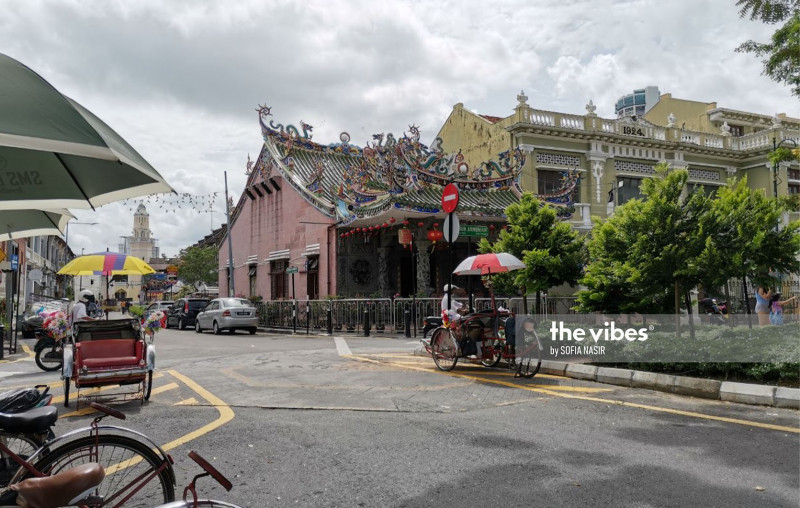


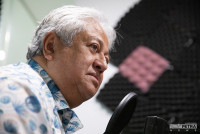



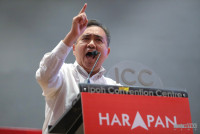
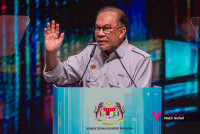


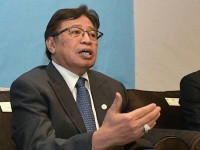
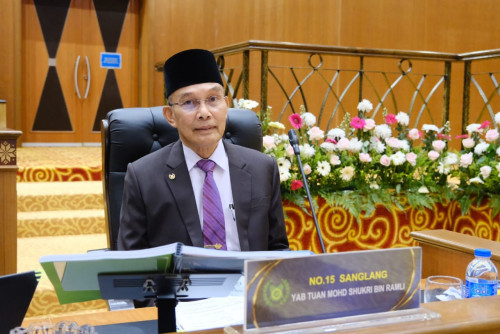
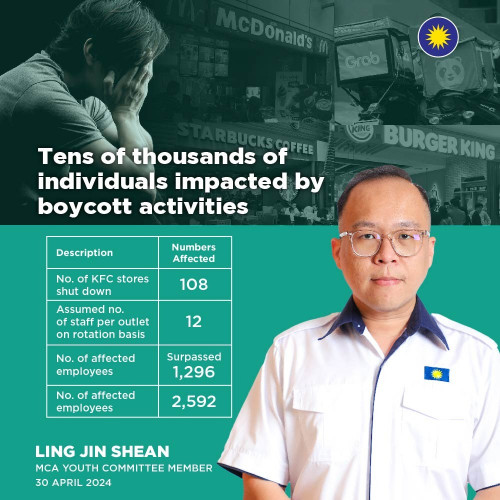
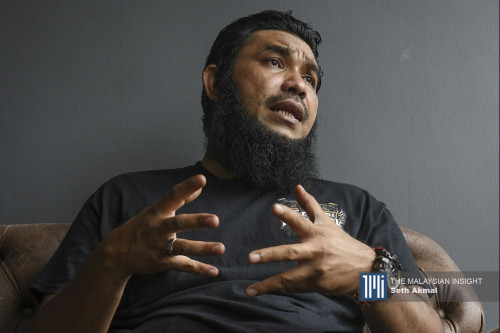
.jpg)
